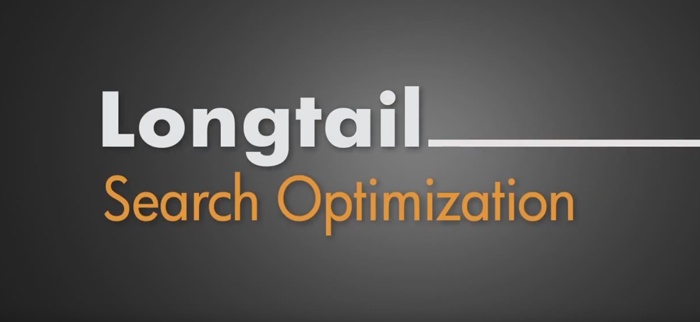SEO, 15 Basic Facts You Need To Know
SEO stands for Search Engine Optimization. I know what search engines are, and I know what...


There are a lot of components that go into a successful online marketing strategy, and one of the most important is keyword selection.
What do we mean by keyword selection? We are talking about choosing the right (key) words to go after in your SEO, content marketing, pay-per-click and other web marketing campaigns. Using keyword strategy and keyword discovery, the idea is to:
Rank toward the top of Google for words or phrases your target market is typing in to find you.
Deliver quality relevant content to your audience that is as specific as possible to each keyword phrase.
This is a question often asked by marketers, and the answer is not quite as simple as you may think. First of all, shorter phrases generally have a higher search volume. For example, the keyword “insurance” will have far more search volume than “life insurance”, which will, in turn, have more search volume than “term life insurance”. But does this mean you should go after the shorter keyword/phrase? Not necessarily.
There are two reasons why it may make sense to target longer keyword phrases:
Shorter phrases with higher search volume tend to have much higher competition. This means it will cost you more to rank on page 1 on a paid campaign and take a lot more time and effort to rank for the term organically through SEO/content marketing.
Just as important, the more general search terms may not be as relevant to your business. In some cases they may be relevant, but not necessarily bringing in buying traffic.
Let’s take the insurance example again…
When someone types in the keyword “insurance”, it is difficult to know what exactly they are looking for. Are they looking for general information about what their policy covers? Or maybe they’re looking for the state insurance commissioner to file a complaint. And if they are looking to buy insurance, which type do they want?
If you are a local insurance agency that sells auto, home, business, and life insurance, it would be far better to rank for keywords listing these services, such as “auto insurance”, “homeowner insurance”, etc. Even better might be a keyword such as “life insurance quotes”, or “life insurance quotes LOCAL TOWN”. These keywords would be considered more targeted, and even though they have a lower search volume, the traffic you would receive will be much higher quality and be far more likely to be interested in your services.

Creating a Master Keyword List
So to map out a deliberate (and effective) online marketing strategy, you need to start by compiling a list of the best keyword phrases to go after. The criteria for the best quality search terms should be:
Relevance: Each keyword or phrase should be scored on a scale of 1 to 5 (5 being the best) based on relevance to your business. Think about your ideal buyer personas at every stage of the buying cycle (awareness, consideration, decision) – what problems/symptoms/questions might be causing them to type in a certain phrase? Relevance is the most important criterion, and if the term does not receive at least a 3 (preferably 4 or 5) in this category, then it is not worth targeting regardless of any other factors.
Search Volume: Make sure the keyword phrases receive enough monthly searches to make it worthwhile to target.
Competition: Analyze the level of competition for each word term to determine how difficult it will be to reach page one of Google. If the competition is such that it will be too costly to be on page one of Google, move on to the next keyword.
Once you have created a large list of keyword phrases, try to condense them down to the 30 or 40 best ones to go after. The top 5-10 phrases may become titles for your web pages and URLs, and be used in other meta-data, while the remaining phrases should be integrated as much as possible within your pages. You will also want to use secondary keyword phrases as the basis for your content marketing strategy.
The idea here is to develop a series of blog posts and/or videos over time, distribute these posts across all your social media platforms such as Facebook, Twitter, Google Plus, and YouTube, and establish yourself as the authority within your industry. These days, Google loves authority sites and gives them a lot more weight within the search engine results.
Tools for Keyword Selection
You may be thinking that this keyword selection process is a lot of work. And yes, it can be. But keep in mind that targeting the right keywords is one of the keys to making your web marketing strategy successful. And because there is some work involved, doing it will put you head and shoulders above most of your competition.
Fortunately, some tools can help automate the keyword selection process. Google has a free keyword planner tool that gives you some good basic information about relevant keywords, search volume, and competition. However, if you want an all-in-one marketing tool that not only allows you to select keywords but allows you to manage every step of your Internet marketing in one place, we recommend you consider HubSpot.

Get Ahead, Stay Ahead Marketing


SEO stands for Search Engine Optimization. I know what search engines are, and I know what...


You’ve probably heard the term SEO or Search Engine Optimization thrown around quite a bit these...
Leave a Comment